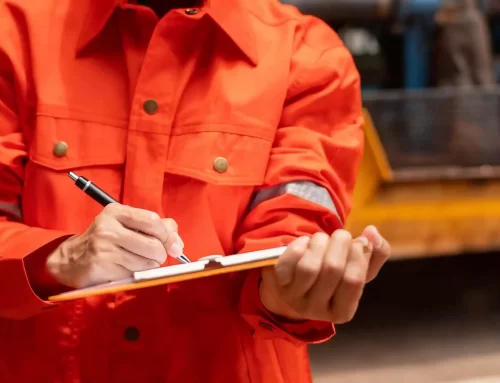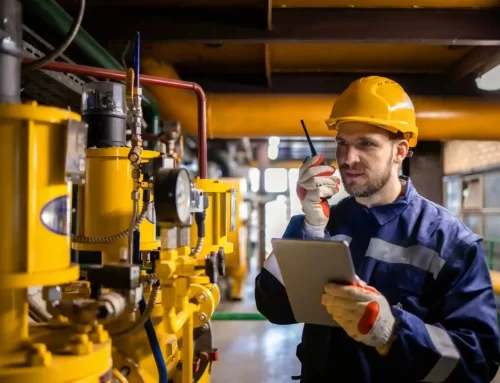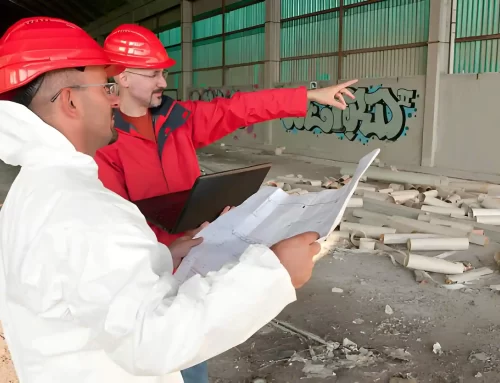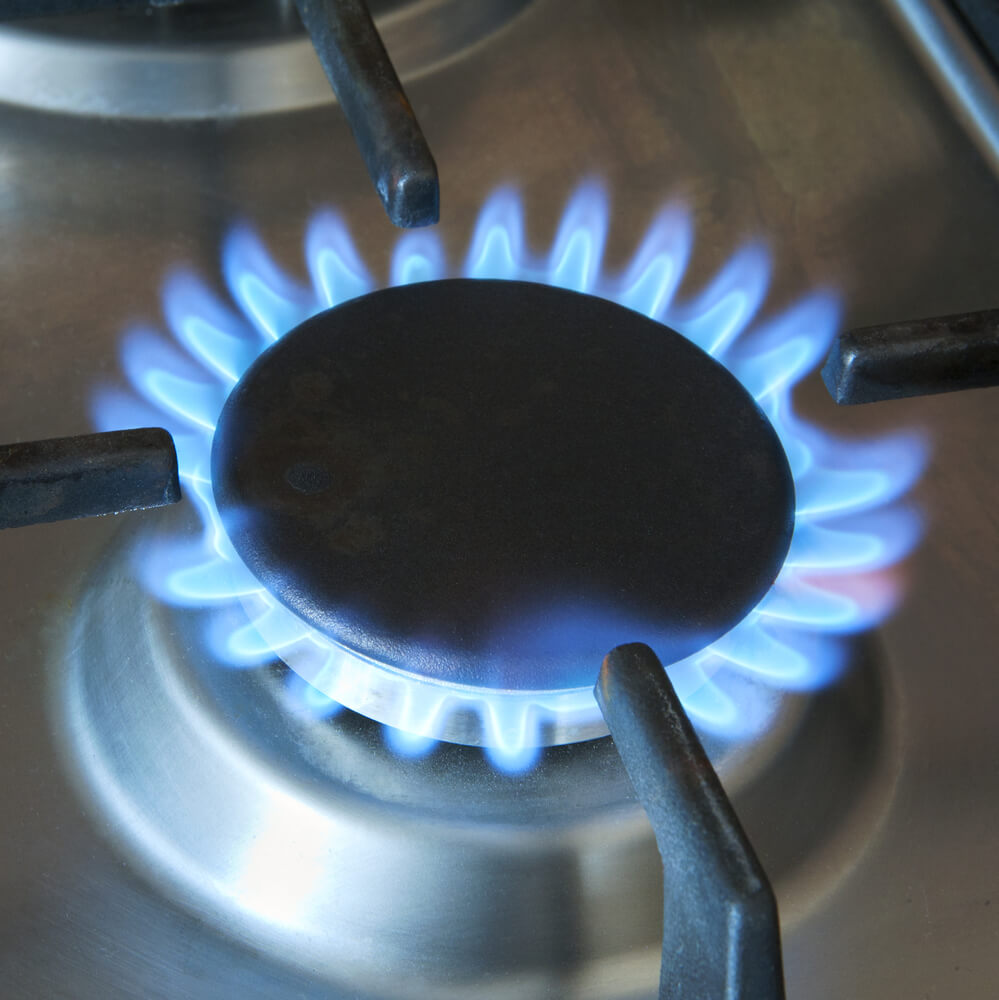
A gas check certificate is an official document that verifies the condition of a property’s gas appliances, pipework, and fittings have been inspected by way of a certified professional and meet protection standards. These certificates play an essential role in maintaining safe dwellings and operating environments in a commercial area. A gas test certificate offers a guarantee that gas installations are working correctly and free from capacity risk, which includes leaks or defective appliances.
For house owners, this certificate guarantees, understanding that their own family is covered from gas-related accidents. Landlords and property managers advantage by demonstrating compliance with protection guidelines and protecting tenants from risks. In addition, coverage groups frequently require proof of regular gas inspections. Overall, obtaining a gas check certificate is a proactive step closer to protection, prison compliance, and accountable property control across the U.S.
Key Takeaways
1. A gas check certificate shows that the gas appliances and systems in a property meet safety standards
- A gas safety certificate reduces risks from leaks and carbon monoxide
- Inspections check appliances, pipework, and ventilation for hidden faults
- Only licensed professionals can issue a recognized gas safety certificate
- Regular inspections help prevent breakdowns and improve appliance lifespan
- Gas safety cert cost is influenced by the property’s scale and the number of gas appliances present
- A valid certificate supports insurance compliance and safety obligations
- Inspection reports guide property owners on urgent repairs and maintenance
- Annual gas checks help maintain continuing safety and regulatory compliance
- Updated certification provides confidence that gas systems operate safely
Why Every Property Needs Gas Safety Certification
Gas check certification guarantees citizens are protected from issues that arise when household gas appliances fail. Faulty boilers, cookers, water heaters, and broken pipework can result in carbon monoxide leaks, fires, or explosions. A gas check certification confirms that every gas system has been inspected and tested by a certified engineer, supplying a guarantee of safety. Legal and regulatory requirements within the U.S. Area requirement on properties owners and managers to keep safe gas installations. Keeping the gas safety certificate updated demonstrates compliance with protection standards and decreases legal responsibility. Missing or expired certification can result in penalties, coverage problems, or legal claims. A gas check certificate is wonderful from habitual appliance inspections. Routine checks may identify on-the-spot faults; however, certification presents formal verification that all home appliance meets safety requirements. A gas takes a look at the certificates and documents, the condition of each appliance, highlighting risks and confirming corrective actions.
Maintaining both certification and a gas check certificate strengthens occupant protection, helps regulatory compliance, and ensures that the gas home appliance performs correctly. Residents benefit from self-assurance, understanding that gas structures are secure, and property owners demonstrate due diligence. Certification is a crucial aspect of responsible control, decreasing the chance and making sure long-time period protection for all occupants.
Gas Safety Certification Requirements in the U.S.
A gas check certificate confirms that all gas appliances, pipelines, and structures in a property meet required safety requirements. Only licensed experts with accredited education can issue this certificate. Typically, qualified plumbers or HVAC professionals who’ve finished nationally recognized gas safety applications are authorized to perform inspections and certify properties. Property proprietors should constantly verify the credentials of the inspector to ensure compliance with all legal and protection requirements. State-specific regulations outline the precise qualifications and methods, and some states require additional licensing or registration steps beyond widespread schooling. National tips, along with the National Gas Code, offer standardized strategies for inspections and protection measures. Professionals comply with each area and country-wide standards throughout reviews to make sure all structures meet the designated protection benchmarks. Regular inspections are essential to preserve safety, and many states suggest annual assessments for rental houses, whilst older appliances or complex installations may additionally require extra common checks. Inspections reveal dangers such as gas leaks, damaged appliances, and weak ventilation systems. A legal provides a warranty that all components have been properly evaluated and meet regulatory requirements. Property proprietors should schedule inspections directly and hold all certificates to demonstrate ongoing compliance.
Factors Affecting Gas Safety Cert Cost
The gas safety cert cost depends on several factors related to property size, the number of gas appliances, and the complexity of the gas system. Larger homes with more than one home appliance usually require greater time for inspection, which can growth the cost. Complex installations, older systems, or residences with difficult access to appliances may additionally add to the pricing of these elements when making plans for inspections to avoid surprises. Regional variations play a role in value differences. Urban locations and high-cost regions typically present elevated inspection charges. Remote locations may additionally encompass journey or additional provider expenses. Understanding local market charges helps property owners examine alternatives correctly.
Finding low-cost and dependable certification offerings calls for studies. Property owners must confirm that inspectors are licensed and skilled. Checking reviews and inquiring about references ensures satisfactory service. Contacting a couple of licensed experts offers a higher concept of common charges and provider standards. You also have to inquire about what the inspection consists of and whether or not follow-up visits are included.
Costs vary based on property needs and inspection requirements:
| Property Type | Cost Range | Factors Affecting Cost |
|---|---|---|
| Small Apartment | $70 – $120 | Fewer appliances, easier access, and less inspection time |
| Medium House | $100 – $180 | Standard number of appliances, moderate inspection complexity |
| Large House / Complex | $150 – $300 | Multiple appliances, complex layouts, and older systems |
| Commercial Property | $250 – $500+ | Larger systems, multiple meters, stricter compliance standards |
Common Misconceptions About Gas Check Certificates
A gas check certificate is often misunderstood, and lots of property owners underestimate its importance. One commonality is that certification is the simplest for brand-new properties. In reality, all properties with gas appliances or pipelines require inspection, irrespective of stage. Older structures can broaden hidden risks together with leaks, faulty connections, or negative air flow, which makes regular inspections critical for protection and legal compliance. Visual inspections by myself cannot detect all dangers, and handiest certified experts have the gear and expertise to pick out gas leaks, appliance malfunctions, and ventilation troubles that won’t be seen. Some property owners also anticipate that minor faults or occasional appliance irregularities do not require interest. Even small issues can develop into serious dangers, together as fires or carbon monoxide exposure. Maintaining a legal gas check certificate protects tenants, residents, and property owners from injuries and capability legal responsibility. Understanding those misconceptions emphasizes the critical role of expert inspections. Property owners should agenda regular checks and maintain documentation to ensure gas structures continue to be secure, efficient, and completely compliant with regulations over the years.
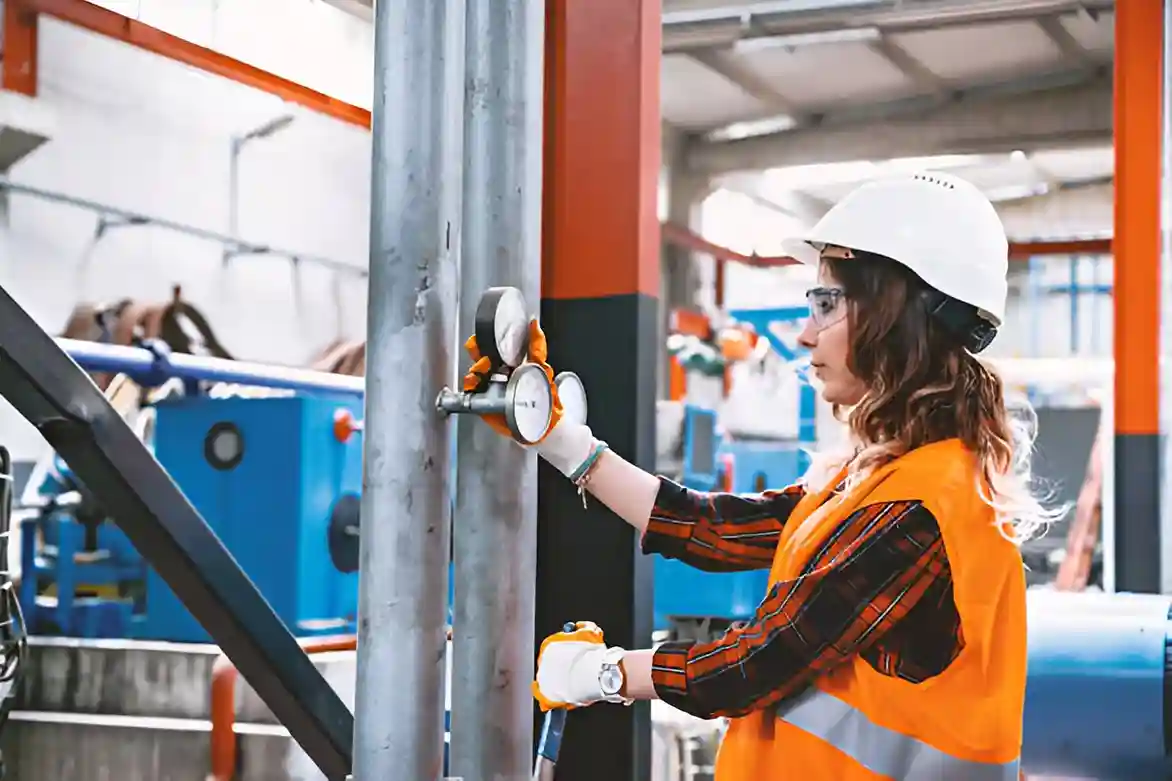
How to Read and Understand Your Gas Check Certificate
Understanding a gas check certificate becomes less difficult whilst the main sections are broken down into simple phrases. The file normally begins with the inspector’s info, which includes their registration number and organization facts. This segment confirms that the assessment was completed with the assistance of a skilled professional with the authority to carry out safety checkups. The certificates additionally list each appliance inspected, which includes boilers, heaters, and cookers. Each item appears with notes displaying whether or not it operates effectively, requires monitoring, or calls for immediate attention. Ventilation points, pipework condition, and strain tiers are usually protected, helping citizens see how every part of the machine performs during recurring testing.
If the certificate highlights faults, the subsequent steps rely upon the severity of the problem. Minor worries might also require simple adjustments or upkeep within an advocated time frame, while predominant risks call for pressing upkeep before the home appliance can be used again. The record will generally describe the kind of chance and the reason the appliance failed. Reading those notes cautiously helps save you from delays in arranging corrective work. Clean information of the gas check certificate supports safer living situations, and guarantees any faults are constant directly, decreasing the risk of gas leaks or system faults.
Key Advantages of Regular Gas Safety Checks
Regular gas safety checks provide critical safety for any residential place with the useful resource of confirming that appliances, pipes, and air flow systems function effectively and efficiently. A modern-day gas check certificate enables the reduction of the danger of leaks, carbon monoxide exposure, and unexpected appliance failures that threaten each fitness and assets. For landlords, an up-to-date gas check certificate helps with legal compliance and satisfies common insurance requirements tied to gas-related dangers. These inspections additionally provide owners and offering a clear photo of the condition of their gas structures. When troubles are diagnosed early, protection is less complicated and a long way an awful lot less disruptive. Regular tests enlarge the lifespan of the home system, save you from major breakdowns, and help maintain a secure environment for everybody in the family. Taking a proactive technique guarantees that requirements are met and that a dependable record of inspection stays available as needed. Scheduling recurring assessments with a certified professional maintains documentation modernization and ensures that safety remains year-round.
Tips for Choosing a Qualified Gas Safety Inspector
Here are clear, practical tips for choosing a qualified gas safety inspector:
- Verify professional credentials
Check that the inspector holds the proper state or regional license required to carry out gas safety assessments. Confirm that they are authorized to issue official certificates recognized by local authorities. - Select someone with a track record
Choose an inspector who regularly handles residential or rental properties and understands different appliance types, venting systems, and common fault patterns. - Ask how they check
Request a clear explanation of what they will check, the expected duration, and the documentation supplied after completion. - Confirm what the certificate includes
Make sure the inspector provides a fully detailed report listing appliance results, identified issues, and compliance notes. - Check accredited status
Confirm the professional appears on an approved licensing board or certification registry so the certificate is valid and accepted. - Review customer feedback
Look at ratings, testimonials, or referrals to confirm the inspector’s reliability, professionalism, and accuracy. - Discuss costs upfront
Request a transparent price structure covering the inspection, the certificate together with any optional services. - • Ask about follow-up support
Choose someone who can explain faults, recommend repairs, or explain the next steps if more action is needed.
Frequently Asked Questions
A gas test certificate is a reputable record issued after a certified expert completes a safety inspection of gas home appliances, pipework, and air flow systems. It confirms that the setup meets the required essential safety measures and maintains efficient performance.
Gas check certification protects residents from danger, which includes gas leaks, carbon monoxide poisoning, and appliance failures. Certification guarantees that each structure has been inspected by way of an authorized professional.
Inspectors evaluate gas home appliances, pipework, connections, air flow, and carbon monoxide safety. They search for leaks, incorrect installation, or wear that could pose dangers. Every problem is listed and must be addressed before issuing a gas test certificate.
The gas safety cert cost is prompted by using a wide variety of gas home appliances, property size, appliance complexity, and nearby pricing variations. Additional repair desires or follow-up visits may play a role in the total valuation.
Most homes advantage from annual inspections to keep a legal gas protection certification. Regular tests ensure ongoing safety, uphold compliance requirements, and prevent faults from growing into major risks.
Conclusion
A gas check certificate plays a vital role in safe property management because it confirms that every appliance and connection operates within accepted safety standards clarity Gas safety certification because the process highlights faults that may stay hidden until a major issue occurs. It is an inspection because clear information helps you deal with any risk quickly. Regional rules, property size, and appliance numbers often shape the final fee, and professional guidance. You also create a stronger level of compliance that protects occupants and property assets. You reduce risks linked to leaks and appliance failures because each inspection provides a fresh assessment of system condition confidence, as a qualified professional documents every result in a format that is easy to review. You also avoid disputes with insurers because a valid gas check certificate provides evidence of responsible maintenance. You can move forward today by arranging a gas safety certification to secure a safe and compliant home environment.
About the Author: Atia Amin
Related Posts
Get Social
Recent Posts
- Why Emergency Lighting Regulations Testing Is Essential for Every Property
- Asbestos Test: Protecting Your Building and Its Occupants
- EICR Report Validity: How Long Before You Need a New One?
- Fire Risk Assessment Report London: Essential Steps and Legal Requirements
- Reliable Gas Safety Inspection by Gas Safe Registered Engineers


